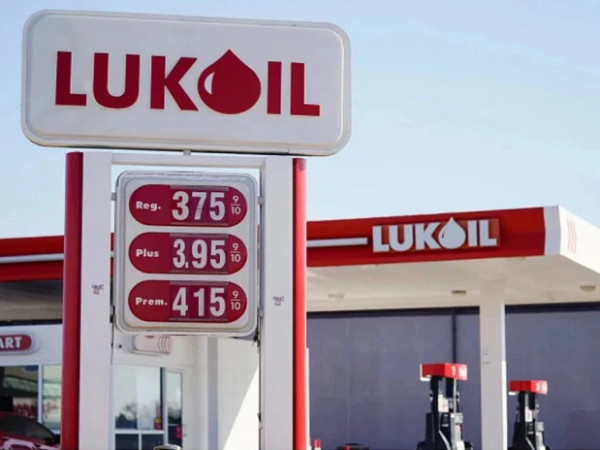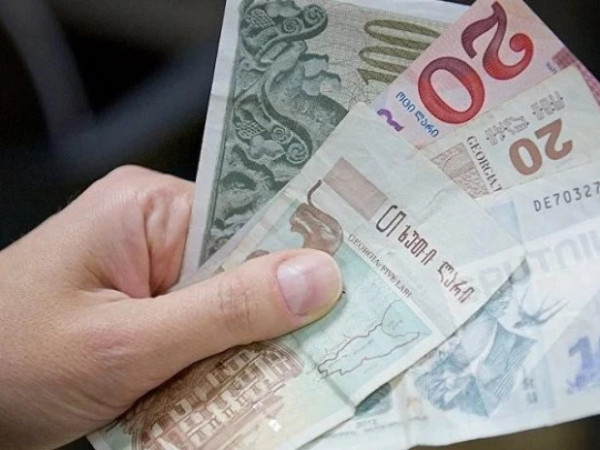In a landmark development for aviation sustainability, Airbus and Cathay Pacific have forged a groundbreaking co-investment partnership valued at up to US$70 million, specifically designed to accelerate the development and scale-up of sustainable aviation fuel (SAF) production capabilities. With a strategic emphasis on Asia’s rapidly expanding aviation sector, this collaboration represents one of the most significant commitments by an aircraft manufacturer and airline to jointly invest in upstream fuel infrastructure, marking a pivotal moment in the industry’s transition toward carbon-neutral aviation.
The announcement was made in Hong Kong during the IATA World Sustainability Symposium, underscoring the mounting urgency for comprehensive cross-industry collaboration to decarbonize air travel. The partnership was formalized at a ceremony attended by Cathay Chief Operations and Service Delivery Officer Alex McGowan and Airbus President for Asia-Pacific Anand Stanley, bringing together two industry giants with a shared vision for sustainable aviation.
This collaboration is particularly timely as the global aviation industry confronts increasing pressure to reduce its carbon footprint. According to the International Civil Aviation Organization (ICAO), sustainable aviation fuels demonstrate the greatest potential to reduce CO2 emissions from international aviation, yet currently account for less than 1% of total aviation fuel consumption worldwide. The Airbus-Cathay partnership aims to directly address this supply constraint by targeting projects that can overcome the early-stage financing and infrastructure barriers that have historically constrained SAF market development.
Under the terms of this strategic partnership, both companies will collaborate extensively to identify, evaluate, and invest in SAF production projects that demonstrate strong commercial viability, mature technology readiness, and credible pathways for long-term offtake agreements. The joint fund is specifically designed to support ventures that can bridge the gap between technological innovation and commercial scalability, with investments targeting projects across Asia and potentially extending to other global markets where conditions favor sustainable fuel development.
The selection process will prioritize initiatives that showcase not only technical feasibility but also economic sustainability. Projects will be assessed based on multiple criteria including feedstock availability, production technology maturity, regulatory compliance, environmental impact assessments, and the potential for establishing reliable supply chains. This rigorous evaluation framework ensures that investments channel toward ventures with the highest probability of delivering tangible emissions reductions while achieving commercial success.


















